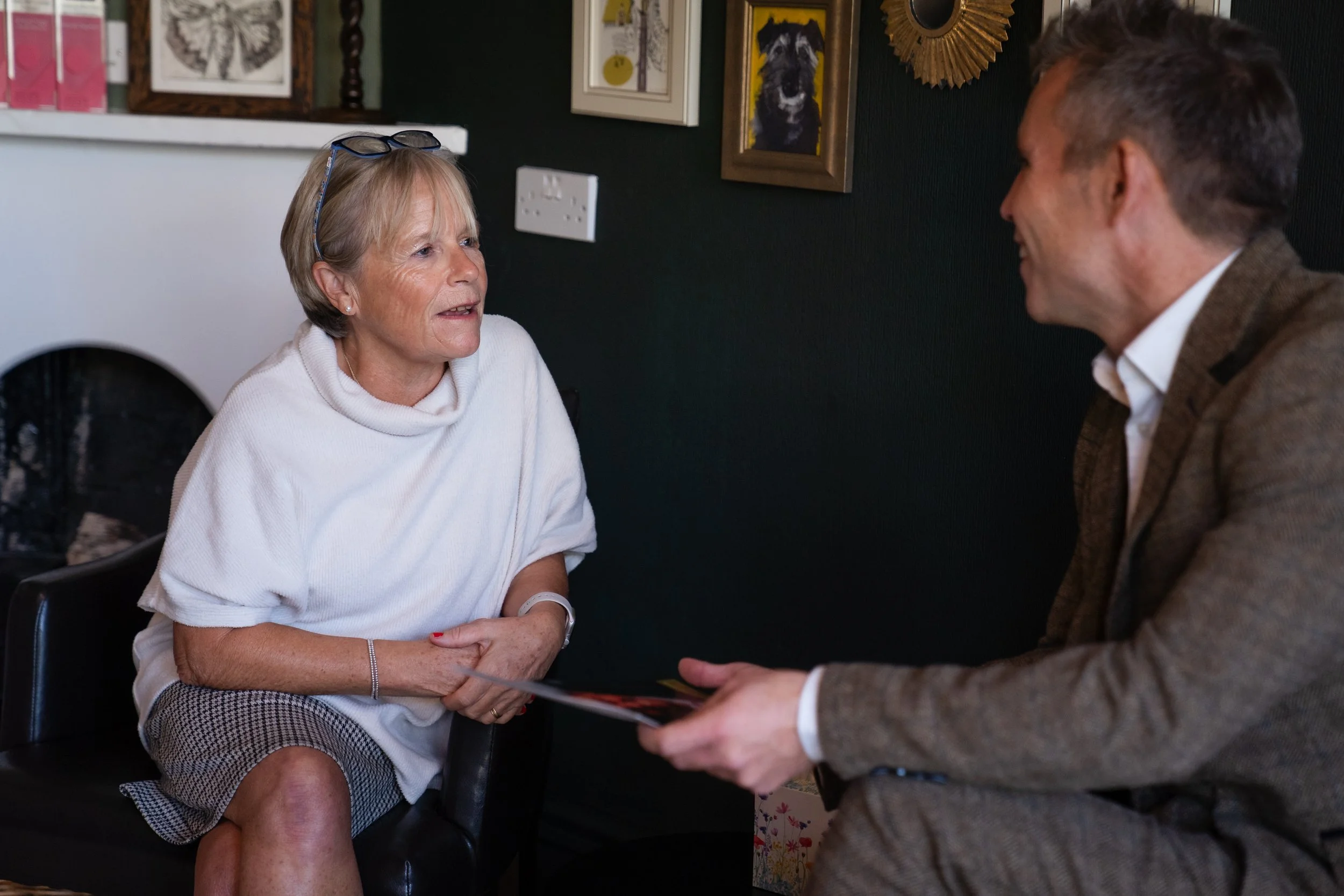Power of Attorney
Who needs a power of attorney?
A power of attorney (POA) is a legal document that allows someone to make decisions for you, or act on your behalf, if you're no longer able to or if you no longer want to make your own decisions.
Who should have a POA?
Everyone!
Whilst it is more pressing the older you become, there are a range of reasons why putting this planning in place early is a good idea.
Not having a POA in place can result in expensive and time consuming dealings with the Court of Protection to ensure your health and finance needs and decisions are made by someone you trust, not the state.
We don’t know what’s just around the corner so to give yourself peace of mind, act today and seek advice.
ordinary power of attorney
You could have a power of attorney for a temporary situation, for example if you were in hospital for a while and needed help with everyday tasks such as paying bills. This is called an ordinary power of attorney.
An ordinary POA covers decisions about your financial affairs and is valid while you have mental capacity. To have mental capacity you must understand the decision you need to make, why you need to make it, and the likely outcome of your decision. You can limit what a POA allows someone to do for you – for example your banking but nothing related to your home.
lasting powers of attorney
There may be a need to arrange longer-term plans if for example you were diagnosed with dementia and you began to lack the capacity to make decisions. This would be covered by a lasting powers of attorney (LPA).
There are two types of LPA:
LPA for financial decisions
LPA for health and care decisions.
appointing an attorney
It’s really important to think carefully about who you appoint to make these kinds of decisions for you. You must trust them explicitly and do everything you can to be clear about your wishes.
If you are asked to be an attorney for someone, it can be very daunting. A common request among family members, few people discuss the potential risks of agreeing to be someone’s attorney.
If you don’t perform your duties, you could be ordered to compensate the person for any losses they suffer. There can often be scrutiny from close friends and family of the person regarding whether you are truly fulfilling your obligations.
It is clear that any decisions regarding power of attorney must be made with clarity and trust to protect yourself and also your relationships.
Please get in touch to find out how we can assist both the person making the power of attorney and also the attorney to reduce stress for everyone.
Estate planning and the provision of Wills are not regulated by the Financial Conduct Authority.
On behalf of APS Legal & Associates Ltd, Head office: Worksop Turbine Innovation Centre, Shireoaks Triangle Business Park, Coach Close, Worksop, Nottinghamshire, S81 8AP
APS Legal & Associates is a member of the Institute of Professional Willwriters
APS Legal & Associates complies with the Trading Standards Institute Approved IPW Code of Practice



